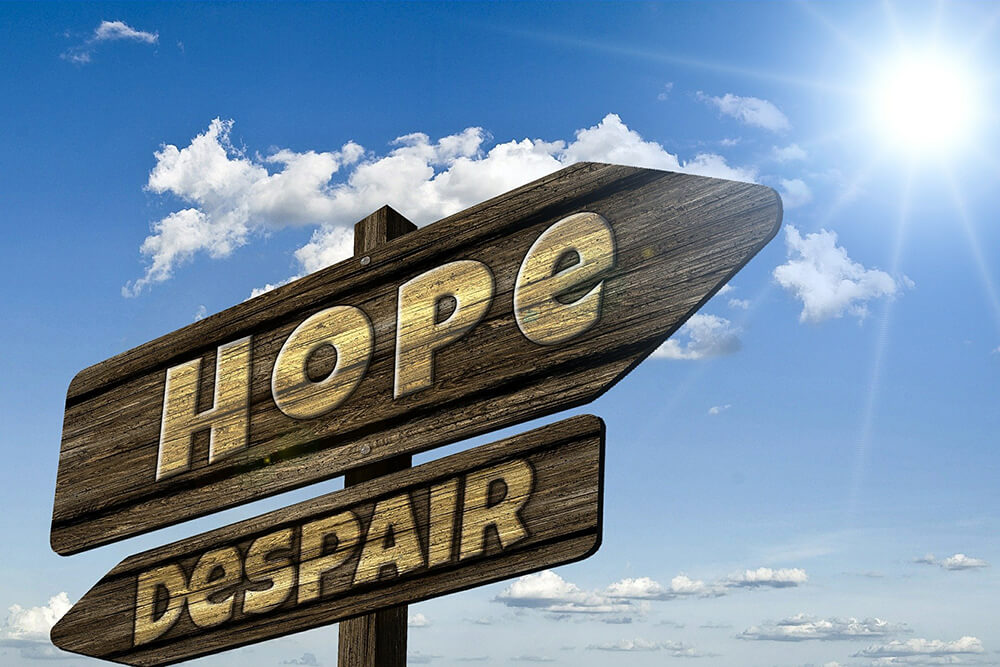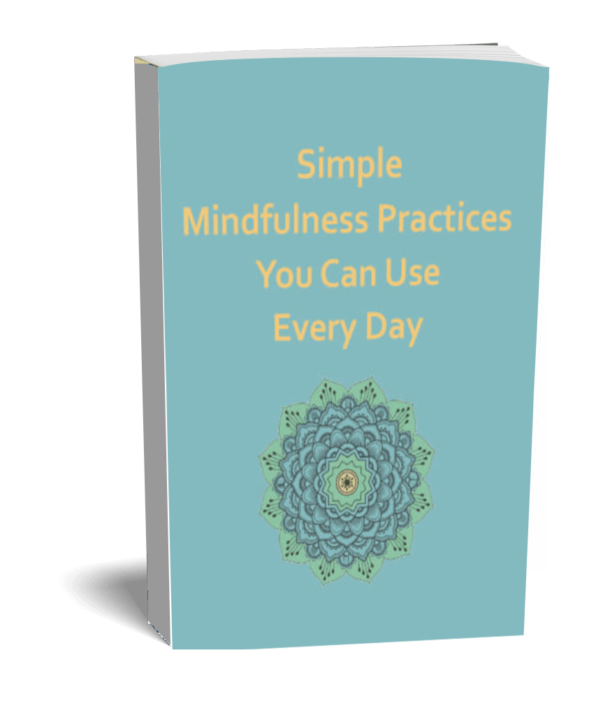Overcoming Stress and Anxiety Naturally After a Scary Diagnosis
Until my cancer diagnosis, I was one of those people who loved visiting the doctor. “Loved?” you say. Yes, believe it or not, I actually looked forward to getting my annual check-ups and was always quick to book an appointment for any medical issue that came up. Maybe it had to do with my unfulfilled dream of working in the medical field. Or the fact that I would usually walk out of the doctor’s office with a squeaky clean bill of health and a recommendation to keep doing what I was doing. If I had a health issue of some sort, I trusted and followed my doctors’ advice, and would typically be back to my healthy self in no time.
My amiable laid-back attitude towards doctors, medical tests, and procedures changed drastically on October 28, 2015. A couple of weeks earlier I had gone in for a mammogram and subsequent biopsy ultrasound, after I experienced some minor discomfort around my left breast. Even after the mammogram had shown some abnormalities, my doctor was still confident that I didn’t need to worry. I was 39 after all, without any risk factors or family history. I had even nursed my children for a long time, which is supposed to help prevent breast cancer.
It was 7:45 on that crisp October morning, when the phone rang. I almost didn’t answer it, as I was getting ready to take my kids to school. But then I glanced at my phone and saw that it was the doctor’s office.
“Hmm…” I thought. “I wonder why they are calling so early.” I answered the call, totally unprepared for what was about to follow.
“Good morning,” said the doctor.
“Good morning,” I replied.
“I got your biopsy results,” he said reluctantly.
“I’m so sorry kiddo,” he continued with a pause, “the biopsy was positive.” His words felt like a punch in my stomach. My head started spinning, and I felt like I was about to pass out.
“Are you sure? What does that mean?” I asked when I mustered some strength to speak.
“It means that you have breast cancer, but hopefully we caught it early,” he replied.
Cancer? Me? No! How is that possible? I stood there frozen for a few moments, until my daughter reminded me it was time to go. I hung up quickly, got the kids into the car, and drove to school in a frozen, numb state.
“Keep it together,” I kept telling myself. “You don’t want to alarm the kids.” I do not recall the car ride to school, but I somehow managed to get the kids there safely. As soon as I left the school parking lot, however, I broke down sobbing. I pulled over to the side of the street and called my husband.
“I have breast cancer,” I told him.
“What?” he said, “how is that possible?”
“I don’t f*ing know! I’m so scared!”
Needless to say, that day was the beginning of an emotional rollercoaster that lasted for a while. As it turns out, dealing with the physical facet of a serious illness is only a fraction of the suffering endured. There are multiple other aspects of the experience that can be traumatic or triggering: the multiple tests, doctor appointments, procedures, treatments, waiting for results, interactions with insensitive medical professionals and others, reading scary news stories/social media posts/articles about people with your condition, and worrying about recurrence every time you have an ache/pain. Layer on top of that the additional stressors of everyday life, and you can see how easily you can turn into an emotional wreck.
That’s exactly what I was a few years ago-an emotional wreck. And even though most of the time I was good at pretending to be okay, my suffering was intense. What also changed was my nonchalant attitude towards doctors and procedures. After the initial diagnosis call, doctor visits, tests and procedures turned into torture. Phone calls from my medical team made my anxiety go through the roof. My mind became an expert in turning every ache and pain into a story of the worst-case scenario. After a cancer diagnosis, it’s hard to relax. I’m convinced I suffered from a type of PTSD that kept me on edge-especially in my interactions with the world of medicine.
My dire emotional state right after my diagnosis prompted multiple doctors to recommend anti-anxiety medication. And although I did fill the prescription and tried the medication for a few weeks, I knew that it was not a long-term solution for me. Feeling the urge to escape from it all, I decided to go on a 4-day holistic retreat a few days before my mastectomy. I didn’t know what to expect, but my experience there was transformational. The tools introduced at that retreat ended up changing my life. When I came back, my family could not believe their eyes. I had left an emotional wreck and returned calm, centered, and hopeful. Don’t get me wrong: my fear and anxiety did creep up again multiple times after that, but I learned how to manage them better with the help of three main tools: mindfulness, breathwork, and Emotional Freedom Techniques (EFT).
With mindfulness, I learned to be more aware of my body sensations, thoughts, and emotions, and identify signs of my anxiety before it became overwhelming. Mindfulness meditation helped me focus on the present, take it moment by moment, and let go of worrying about the future or reminiscing about the past. With mindful inquiry and self-reflection, I learned to challenge my negative or obsessive thoughts, and with mindful appreciation and gratitude practices I began focusing on the good things in life. In addition, mindful compassion practices helped me realize that I was not alone in my suffering, and that I deserved to treat myself the way I would treat a loved one.
The breathwork practices I learned at the retreat and have been practicing and teaching ever since, include both short, controlled breathing exercises as well as long guided breathwork meditation sessions. With the controlled breathing exercises, I learned to calm my mind and ease my tension and anxiety – especially before triggering situations (e.g. doctor visits). The guided breathwork meditation sessions allow me to release suppressed emotions, calm my fight/flight/freeze response, and gain a deeper level of insight.
I was introduced to EFT by a retreat participant, and I consider it one of the most powerful tools for addressing stress and anxiety. EFT combines acupressure with cognitive and exposure therapy to help release the emotional charge of specific traumatic events or incidents. EFT was instrumental in helping me process my diagnosis shock, as well as my fear of doctor visits, medical procedures, and cancer recurrence.
These three tools were so helpful for me that I decided to receive training to become a certified Mindfulness, Breathwork, and EFT coach. I now not only continue to use these tools regularly myself, but I offer them to groups and individuals through my business, Zen Den Wellness. In many cases, treating anxiety and stress requires professional help and the use of medication. However, natural stress relief tools can be used in conjunction with other methods to help accelerate healing and support self-empowerment.
I am happy to report that I have been using these tools successfully as a coach for over a year, and have helped my clients address issues ranging from parental guilt, to career insecurity, relationship struggles, traumatic experiences, and self-limiting beliefs. It truly is so rewarding to be able to help others feel self-empowered, more centered, and less stressed-just like my coaches helped me. In the end, dealing with a scary diagnosis was in some ways a blessing in disguise: it has led me to live a more purposeful and vibrant life.




